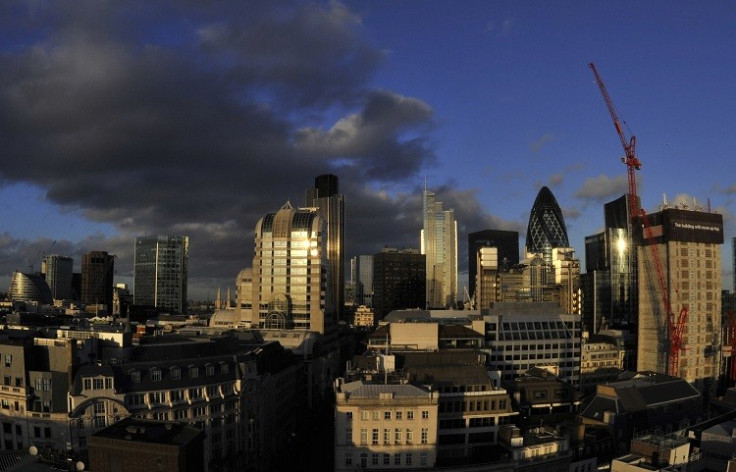Business Bosses Back UK Corporate Tax Regime as One of World's Most Competitive

Business executives back Britain as one of the most competitive countries in the world for its corporate tax regime, amid fiery public debate about how to crack down on tax avoidance by big firms.
According to a report by accountancy giant KPMG, which surveyed 102 senior tax decision makers at some of the biggest firms in the UK, Britain is the second most attractive destination in terms of tax competitiveness, behind Ireland in first place and Luxembourg in third.
Of those surveyed, 88% of those from FTSE 100 firms said they believed the fiery debate around tax in the UK would reduce investment. However, 88% of foreign firms said they would not reduce investment because of the political debate around tax.
The findings follow several years of a falling corporation tax rate in the UK and initiatives such as the Patent Box, which offers firms a cut in their tax bill on income from their patented products and inventions in order to encourage research and development jobs to be located in the country.
"Our research shows that the efforts that the current and previous government have made to address anomalies and improve the attractiveness of the UK to business from a tax perspective are bearing fruit," said Jane McCormick, head of tax at KPMG in the UK.
"Policymakers recognise that business is a powerful growth engine, creating jobs, wealth and generating economic activity.
"The dial seems to have moved on the UK's tax regime from it being an actual deterrent to business and economic activity just five short years ago when some PLCs were emigrating, to it now being positively attractive, especially when viewed in the context of the UK generally being seen to be a very desirable place to live, work and do business.
"Even better, the results suggest there is no need for a 'race to the bottom' on rates with few respondents calling for further rate cuts."
As the country grapples with public sector austerity, public anger over tax avoidance has been intensified. Several corporate giants, such as Google and Amazon, have been hauled in front of parliament for a grilling by MPs over their tax affairs.
After it emerged that Starbucks had paid just £8.6m over the first thirteen years it operated in the UK, the coffee chain crumbled under public pressure and agreed to hand over £20m to HMRC. It had been accused of exporting its profits to a Luxembourg-based subsidiary to avoid tax in the UK, something the firm denied.
© Copyright IBTimes 2025. All rights reserved.






















